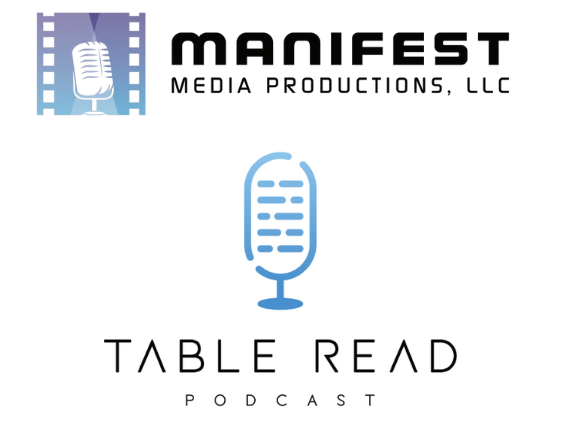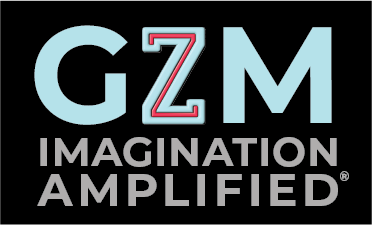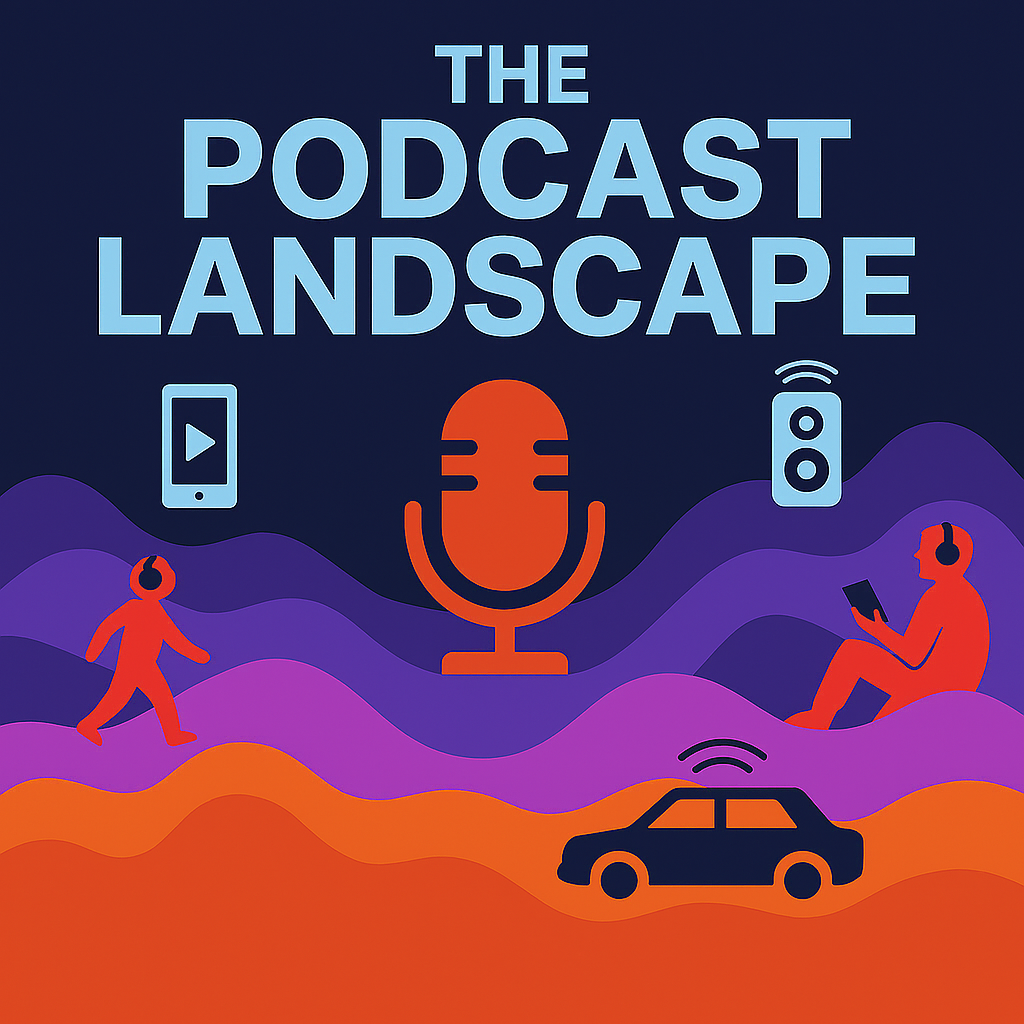Podcast Frenzy Report
New from strategic consultancy and marketing research firm KS&R, the report’s full title is Podcast Frenzy: Riding the Wave of Ever-Increasing Popularity. The report is built from an online survey of 5,000 respondents across March and April in 2023, with an age range of 13 to 76 years old. Key findings include the suggestion that podcasting is taking over traditional media consumption time, with respondents reporting 28% of them watch less TV and 24% browse social media less often. Gen Z podcast discovery is a mix of methods. 46% of Gen Z respondents rely on social media recommendations, and 33% of younger Gen Z browse top charts and “best of” podcast lists. [Source]
Podcast Advertising Is Transforming Digital Ad Strategies
Jen Soch, Executive Director of Channel Solutions at GroupM, was recently interviewed on the floor of the IAB Annual Leadership Meeting. According to Soch, precision targeting in podcast advertising is a highlight of the industry, along with the lauded authenticity and trust audiences build with podcast hosts. She also spotlights the growing number of brand safety and suitability options that use AI-powered tools to scan podcast transcripts and determine if a show is viable for a brand without manually listening to every episode. Soch is hopeful for a future where digital ads at large take lessons learned in the realm of podcasting and bring measurement tools into cross-channel measurements. [Source]
Why podcast companies are investing in AI-generated podcast translations despite questionable quality by Sara Guaglione
A plan from iHeartMedia to use generative AI tools to translate 5 to 10 podcasts into different languages by the end of Q1 has been pushed back to the end of Q2. According to CEO Bob Pittman, the AI tech is not quite to the level it needs to be at to fully release. Spotify’s pilot test of generating podcast host’s voices in different languages for translation purposes has also not posted any updates since September, and the program was not mentioned in their Q4 earnings call. At the Hot Pod Summit last week, The Verge’s editor in chief Nilay Patel ran an impromptu experiment on how well the audience could detect a real audio clip versus an AI generated one. While the clips in English had a decent success rate in fooling the audience, the clip of a Spanish translation had a 95% detection rate, with one person in the audience replying the translation heckled ‘that was awful.’ While the tech isn’t quite ready, companies believe it has the potential to become a cost-effective way to expand podcasts internationally and access non-English speaking markets without creating a new version of the podcast wholecloth (such as Spotify’s localized adaptations of fiction podcasts like Case 63, which effectively re-made the podcast from scratch with a localized team and actors). [Source]
Surround Sound: NYTimes and Vox Media Find Their Podcast Business Voice
A recent panel moderated by Steve Smith brought together The New York Times’ Executive Director of Audio and Events Jimmy Saunders and Executive Director of Audio Business at Vox Lillian Xu. The two panelists discuss the similarities and differences of podcast strategy with two of the biggest examples of news-driven podcasting. Saunders explains the New York Times focuses on a smaller stable of shows all focusing on the NYT’s journalistic vision. Meanwhile, Vox Media’s larger portfolio allows the company to curate influential shows across different niches. While the two companies have different monetization strategies (the NYT focusing on subscriptions while Vox diversifies with subscriptions, partnerships, and advertising revenue), both believe in podcasting’s capability for growth. [Source]
…as for the rest of the news:
-
Meghan Markle has been confirmed to be giving a keynote session at SXSW (something to potentially pencil in our handy dandy SXSW podcast event schedule),
-
IMARC Group has declared the global podcast market reached $17.9 billion last year
-
and eMarketer presents IAB data showing consumers are okay with more ads if it means a service remains free.













































































































































































































